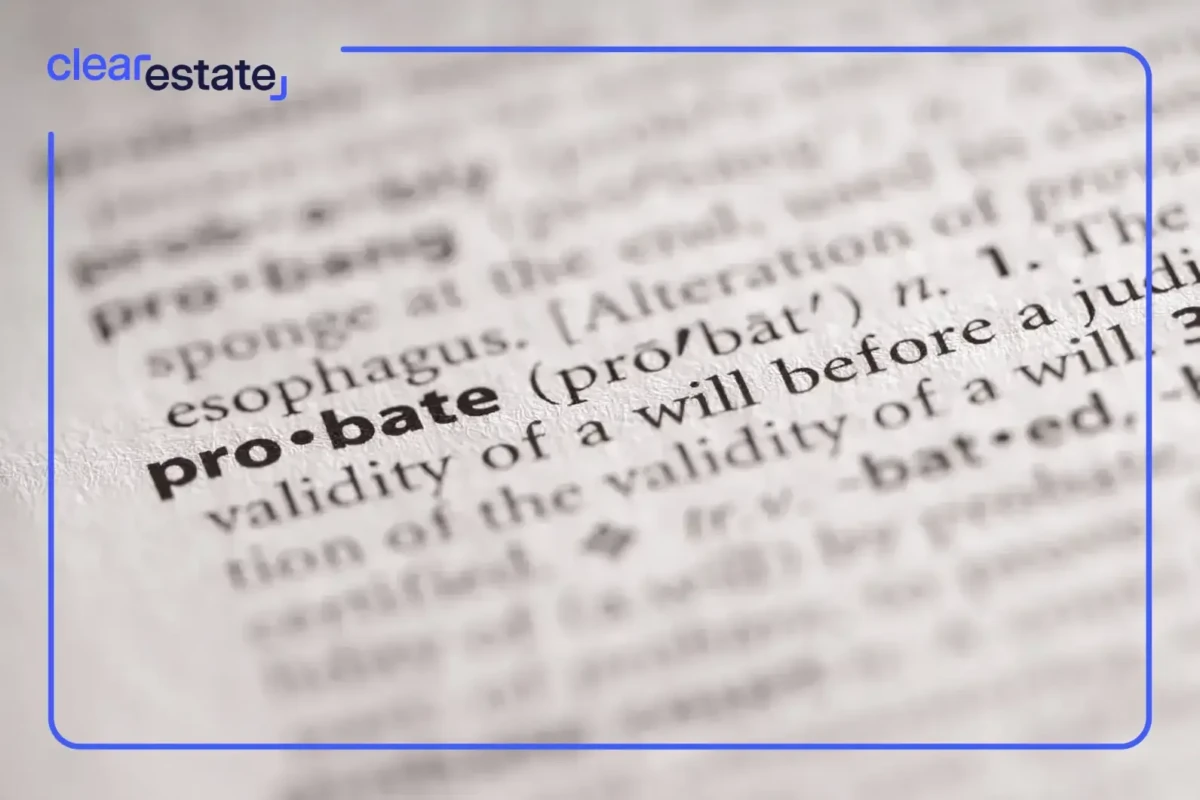How does probate work on a county level?
Most people don't realize that probate courts in Florida are actually operated at a county level, which brings its own set of rules and regulations to the process. For example, if someone died outside of Florida but owned real estate or had debts in a specific Florida county, then the probate process takes place in that county, regardless of where the deceased lived at the time of death.
Different counties may also have different time frames on how long it takes for an estate to be settled and distributed. For example, Broward County probate cases tend to take about 14 months to complete, whereas probate cases in Miami-Dade County have been known to take up to two years. On the opposite end of the spectrum, probate cases in Hillsborough County (Tampa area) are typically completed within six to nine months.





